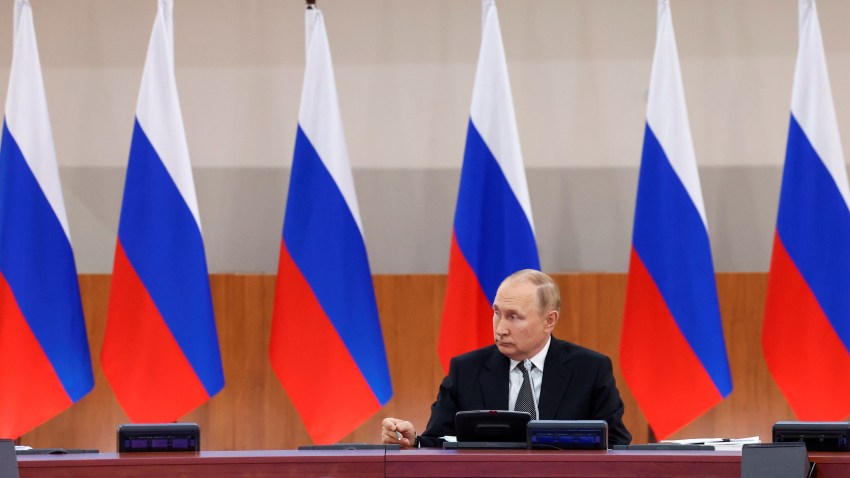Debates over the effectiveness of sanctions on Russia are all the rage. The problem is that commentators often refer to other countries targeted by Western sanctions, such as Iran, North Korea and Venezuela, as if these cases hold universal lessons that might be applicable to Russia. But the experience of other sanctioned countries is of limited use in analyzing the nature and impact of sanctions on Russia. Slapping penalties on Moscow is not the same as targeting Tehran, Pyongyang or Caracas. Russia is an entirely different beast, and it presents a new and unique test case for Western sanctions.
The first difference has to do with why Western countries are resorting to sanctions: Russia has invaded its neighbor and is illegally waging war against Ukraine. It is the first time in the 21st century that such far-reaching sanctions have been adopted in response to an unfolding interstate conflict. This means that policymakers are reacting in real time to rapidly evolving events, such as the discovery of possible war crimes in Bucha or Russia’s bombing of Ukraine’s energy infrastructure. The grand design that many experts assign to Western sanctions may therefore not exist in practice. Instead, implementing sanctions is an iterative process, with penalties often drafted in a rush.
As a result, the initial measures are often imperfect and get refined along the way, as Western diplomats identify weaknesses in the sanctions regime. In 2023, for instance, the U.S., the European Union and their allies will focus on closing loopholes to make it harder for Moscow to circumvent these penalties. This will involve putting pressure on countries that, whether due to sympathy or opportunism, have beefed up ties with Moscow since the war, such as Serbia, Turkey and China. In Europe, EU member states will also work to finetune and harmonize their implementation of sanctions legislation among themselves: While EU sanctions are adopted at the European level, they are implemented at the member-state level, opening the way for differing interpretations of sanctions laws that take time to resolve.

